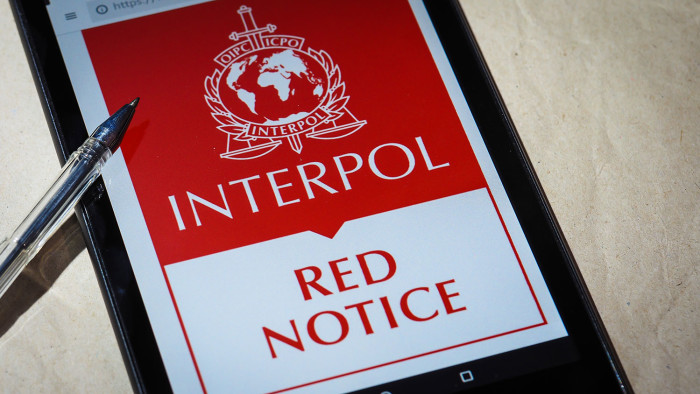
On this page
INTERPOL: New data reveals 1,000 Red Notices and Wanted Person diffusions rejected or deleted each year
INTERPOL has for the first time published data that provides an important insight into how it manages its system of Red Notices and Wanted Person diffusions. The data reveals that the international police agency deletes or rejects on average 1,000 Red Notices and Wanted Person diffusions each year. Around half of these are rejected on human rights grounds or on the basis that they violate INTERPOL’s neutrality. Fair Trials welcomes the publication of this data, having long called for INTERPOL to provide greater transparency about how their systems work.
Fair Trials’ Legal Director (UK & International), Bruno Min said:
“This is a positive development and we welcome INTERPOL’s continued willingness to listen to concerns about how its systems are being abused. The figures provide further evidence that states are misusing Red Notices and Diffusions to persecute political dissidents, human rights defenders and refugees, but they also show that INTERPOL’s Notice and Diffusions Task Force is taking effective steps to prevent these abuses.
“However, we know that despite these efforts, countries are still able to use INTERPOL’s systems in ways that violate human rights. We urge INTERPOL to make further improvements to its review mechanisms, including by ensuring that the Notices and Diffusions Task Force has access to sufficient resources, and by introducing major changes to prevent the misuse of diffusions, which are not subject to the same kinds of checks as Red Notices.”
“The impact of an abusive Red Notice or Diffusion can be devastating and we urge INTERPOL to continue to reform its systems to protect its tools from misuse so that they cannot be used for persecution.”
Key figures
- In the past five years, INTERPOL has rejected or deleted an average of 1,000 Red Notices and Wanted Person diffusions each year.
- In 2021, 150 Red Notices and Wanted Person diffusions were deleted on human rights grounds. A further 353 were deleted because they were of a political, military, religious or racial character.
- There are around 25,000 Red Notices and Wanted Persons diffusions in circulation with around 10,000 new Red Notices issued each year.
Fair Trials’ call for greater transparency
Fair Trials had made the publication of these statistics a key ask further to the publication of our 2018 report Dismantling the Tools of Oppression. We knew that INTERPOL had adopted reforms to improve their systems for checking Red Notice requests before they were circulated, but we were concerned that there was no information on how well these systems were working.
Our recommendation was adopted by various legislative bodies, including the US Congress, which made the publication of statistics a key demand for INTERPOL in the TRAP provision of the National Security Authorization Act in 2021. The European Parliament also highlighted the need for INTERPOL to publish these statistics as part of its position on the EU’s negotiations for a cooperation agreement with INTERPOL.


